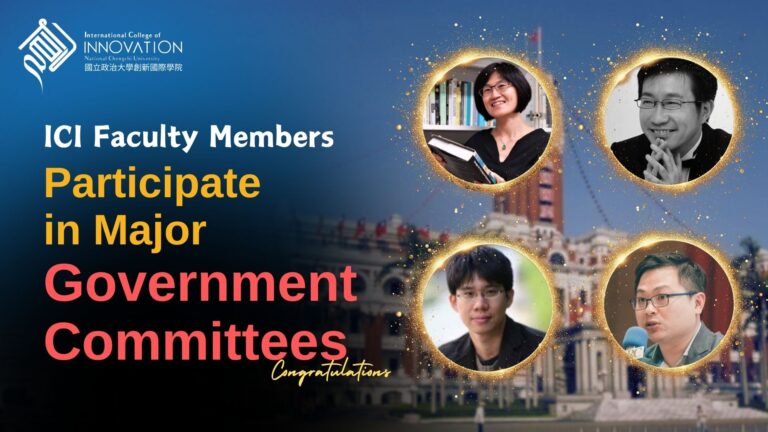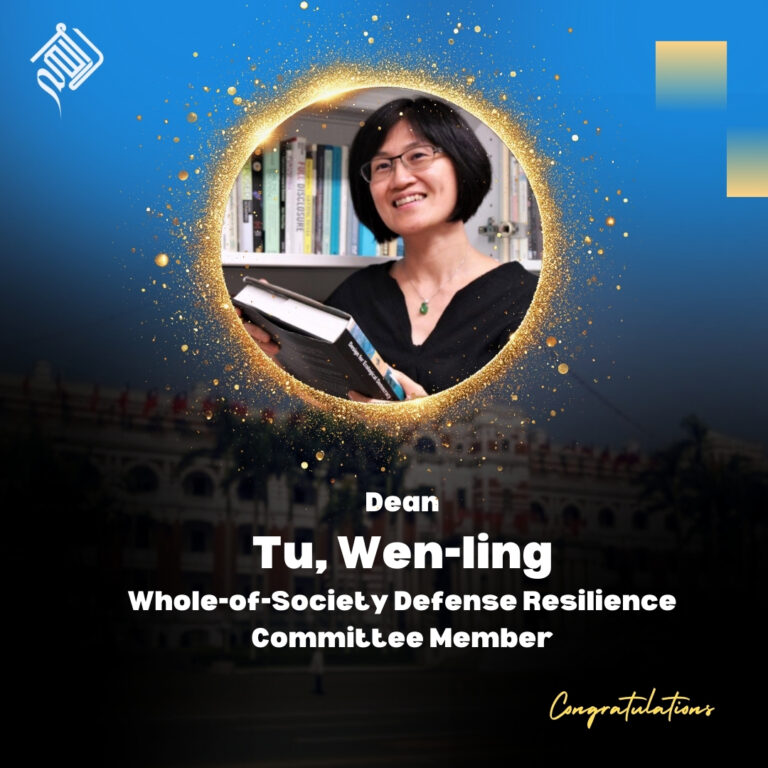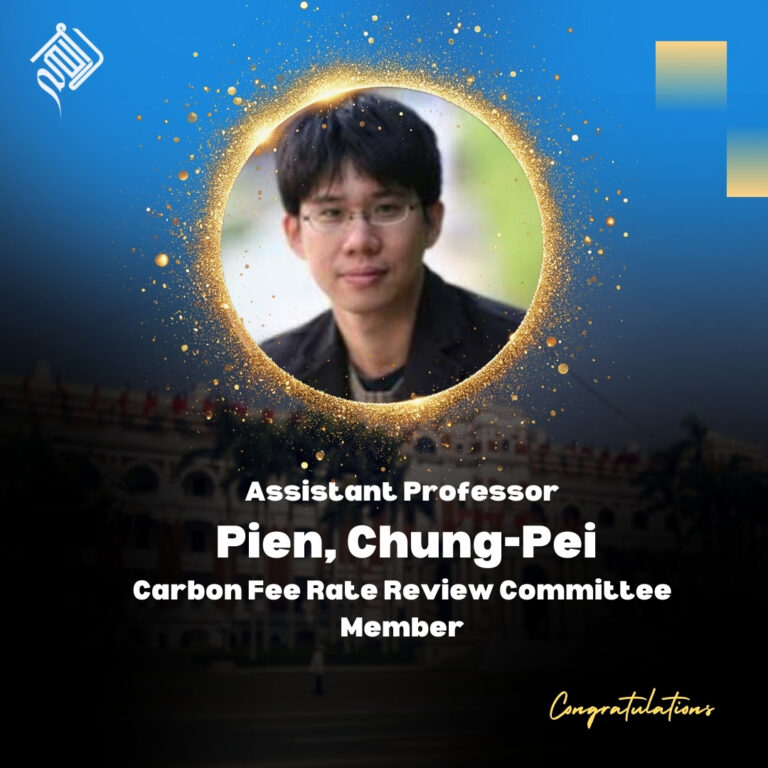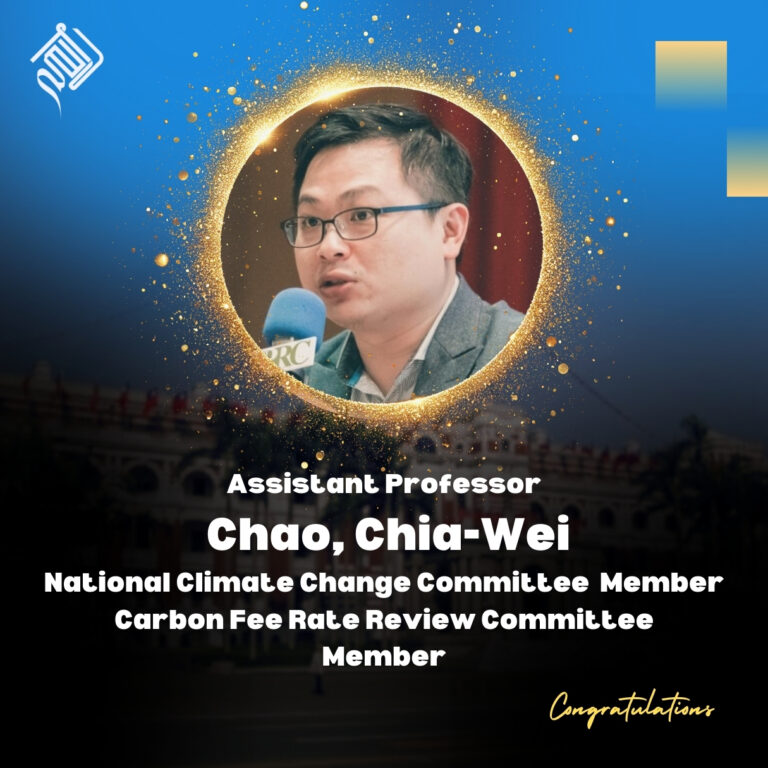
The Presidential Office’s Whole-of-Society Defense Resilience Committee held its inaugural meeting on September 26, with a strong lineup of 23 expert members from various fields, including business leaders, religious representatives, and distinguished scholars. During this meeting, Dean Wen-Ling TU of the Innovation International College (ICI), was invited to serve as one of the committee members, participating in this important event. ICI has long been committed to nurturing interdisciplinary talent and is proud to employ outstanding faculty members, many of whom have demonstrated excellence in multiple major government committees.
The Whole-of-Society Defense Resilience Committee was established to enhance the organizational capacity of civil society and promote civil defense training to tackle various crises. The committee members come from various ministries and fields, representing gender balance and a diversity of ages, symbolizing the government’s comprehensive approach to strengthening national defense resilience.
Dean Tu’s invitation to the committee focuses on discussing issues related to the management and operation of energy and critical infrastructure. Dean Tu’s expertise in public administration, along with her leadership and academic experience at ICI, will bring valuable insights and contributions to the committee’s discussions.
In addition, other ICI faculty members are actively involved in key government policy committees. Professor Hsien-Ming Lien serves on the Economic Development Committee, which aims to promote the three major policy goals of “innovative economy,” “balanced Taiwan,” and “inclusive growth,” advancing Taiwan’s economic development. Professor Lien, with his extensive background in economic policy and industrial development, plays a key role in promoting economic innovation and industrial upgrading in Taiwan.
Chung-Pei Pien, Assistant Professor, and Chia-Wei Chao, Assistant Professor, are also participating in the Carbon Fee Rate Review Committee formed by the Ministry of Environment. They are committed to setting and adjusting the general and preferential rates of carbon fees, as well as evaluating, reviewing, and researching related policies. Bian Zhongpei and Zhao Jiawei provide recommendations on methods and pricing for carbon fee collection during committee sessions.
In addition, Assistant Professor Chia-Wei Chao is involved in the National Climate Change Committee, which aims to address global climate change challenges and engage in climate governance and international cooperation at the national level. Leveraging his expertise in environmental policy and sustainable development, Assistant Professor Zhao actively contributes to discussions, enhancing Taiwan’s climate resilience and international collaboration.
ICI faculty members have demonstrated diverse contributions and exceptional achievements in both academic and practical fields, fully reflecting the college’s professional influence and social responsibility across various sectors. The college will continue to support the government’s policy initiatives and is committed to cultivating the next generation of leaders.









